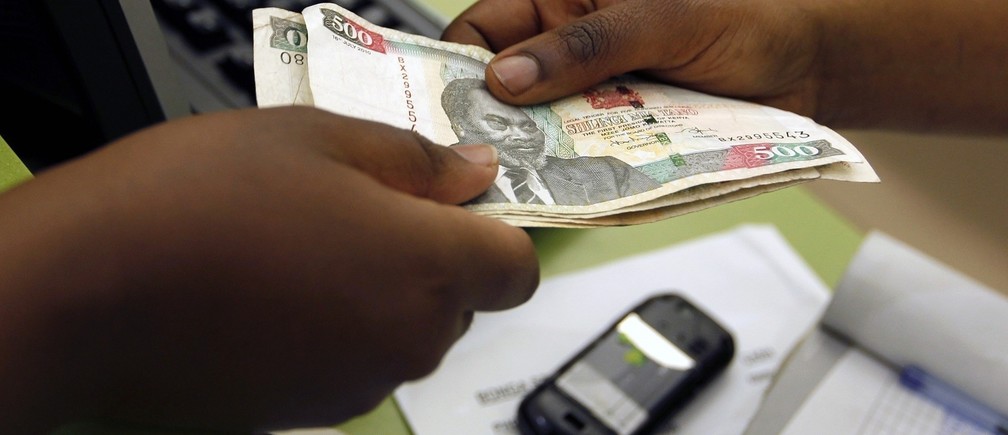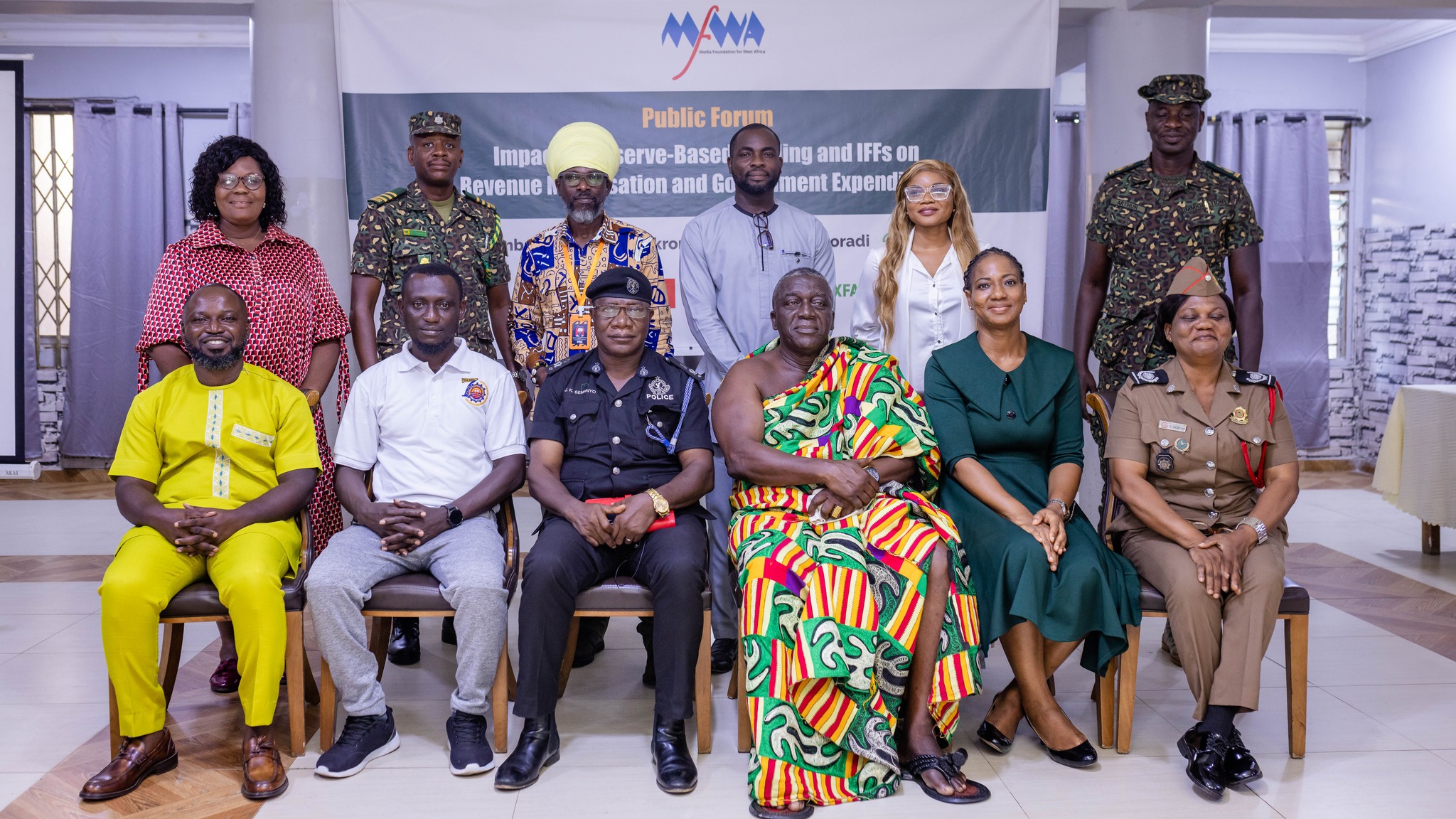The Media Foundation for West Africa (MFWA) and the Thomson Reuters Foundation (TRF) have commenced a two-year project aimed at improving journalistic reporting on Illicit Financial Flows in sub-Saharan Africa.
The project, titled, Expose the Flow: Working Together to Curb IFFs in sub-Saharan Africa is being implemented in Ghana, Tanzania and Kenya with funding from the Norwegian Agency for Development Cooperation (NORAD) through TRF.
Overall, the project seeks to build an ecosystem of independent and data-driven newsrooms and journalists (especially female journalists), who have the requisite knowledge and skills to produce critical reports and expose illicit Financial Flows (IFFs) and tax manipulations in the three project countries. About 60 competitively selected journalists and editors, and 30 newsrooms will benefit from the capacity-building sessions on data journalism, investigative journalism, and physical and digital security among others.
To also increase gender reporting on IFF issues, 15 female journalists will be selected and enrolled in a three-month mentorship programme during which they will work with assigned local and international editors to identify, shape story ideas and produce reports on IFF, domestic resource mobilization and tax manipulation. The two-year project will also set up fully-equipped IFF desks in six selected newsrooms across the three project countries to ensure in-depth story production and publication on IFFs.
To ensure synergy and local ownership of the intervention, the MFWA will liaise with other TRF partners such as I-watch Ghana, the Association of Media Women in Kenya (AWMIK), and Policy Forum in Tanzania to carry out the capacity-building workshops.
Illicit financial flows are diverse, complex and across borders. They take several forms including revenues from illegal activities, tax avoidance, abusive profit-shifting, trade mis-invoicing, corruption, and tax fraud, among others. And while countries have passed some laws to tackle illicit financial flows; the absence of robust and independent institutions to address these ill-inflows remains a challenge. Unfortunately, the media are also not able to play their watchdog role effectively due to limited knowledge and capacity to effectively scrutinize, interrogate, monitor and report on issues related to illicit financial flows.
Since 2022, the MFWA, with funding support from OXFAM Ghana and NORAD, has implemented several interventions aimed at flagging the challenges of IFFs, domestic resource mobilization and related issues. For instance, under its project on “Strengthening Civil Society and Media Capacity for fiscal justice, the MFWA enhanced the capacities of 20 investigative journalists on progressive taxation, domestic resource mobilization and IFFs. It also rolled out a three-month journalism fellowship for 10 young journalists on progressive taxation and IFFs to equip them with the necessary knowledge, techniques and resources to conduct investigative stories. The Fellows produced and published critical reports such as this story which highlighted how warehouses built under the ruling government in Ghana’s One District, One Warehouse (1D1W) as part of Planting for Food and Jobs (PFJ) programme, have been left to rot while farmers store their produce in their living rooms.
To increase public awareness and instigate public discourse on the issues of IFFs as well as the loopholes and deficits in domestic resource mobilization in Ghana, the MFWA also periodically convened a number of national-level public forums bringing together the media, CSOs, and key state actors such as the Ghana Revenue Authority, the Financial Intelligence Centre and the Economic and Organised Crime (EOCO) to deliberate on the deepening phenomenon of illicit financial flows and make recommendations on how it can be contained. A number of educational videos and short campaign messages on IFFs were also produced and shared on social media platforms.
“We are happy to expand our Media and tax justice intervention to Kenya and Tanzania with this partnership with TRF. Of particular mention is how this phase of our work prioritises gender reporting on IFFs and as such supporting more female journalists to be able to engage strongly on the issues and report effectively on issues related to IFFs and tax manipulations, said Ms. Adizatu Moro Maiga, Senior Programme Officer, MFWA.






